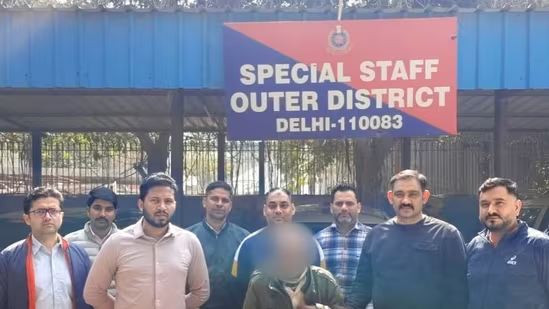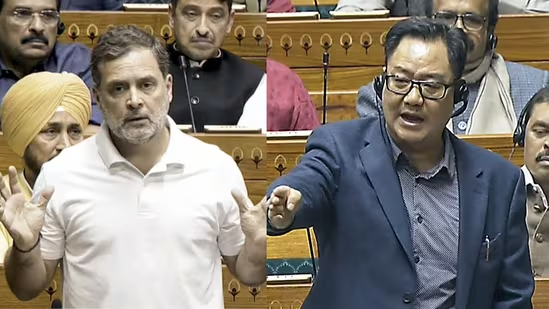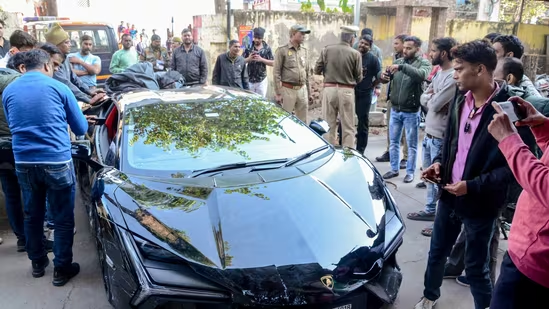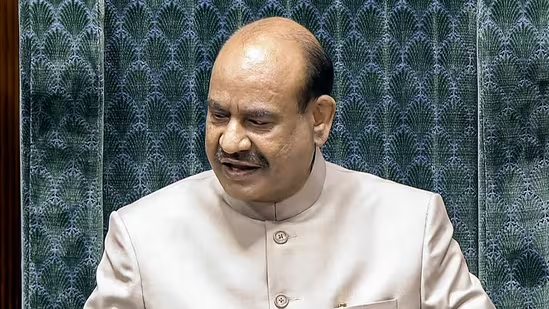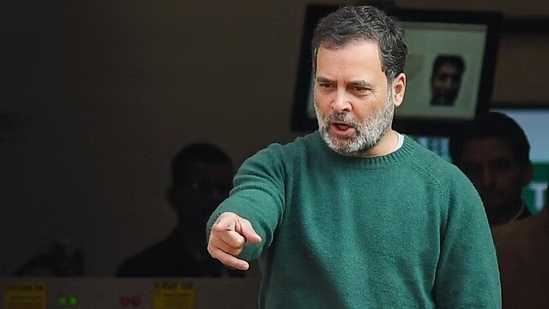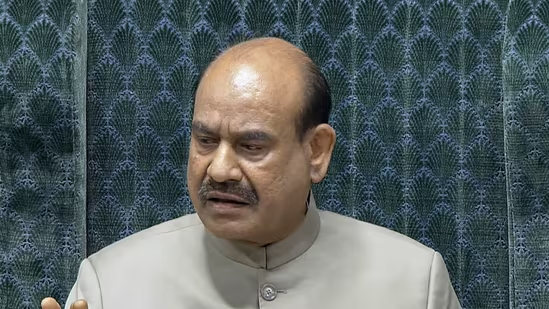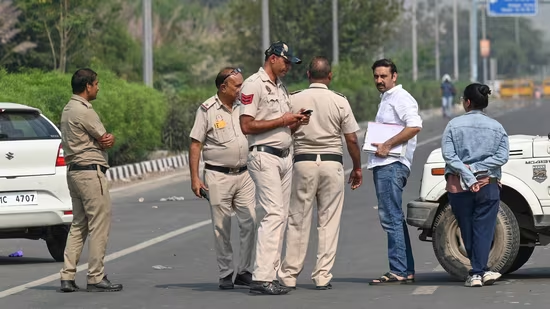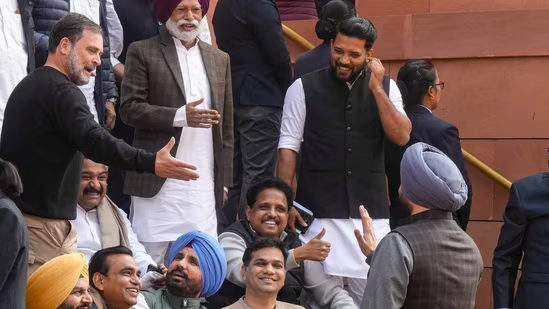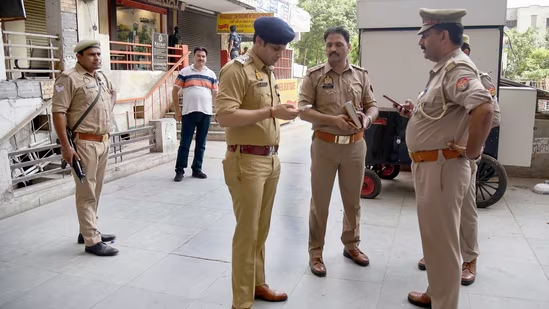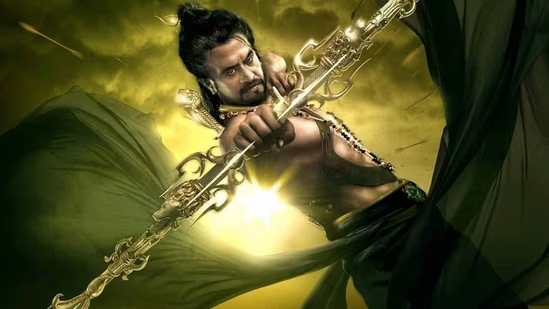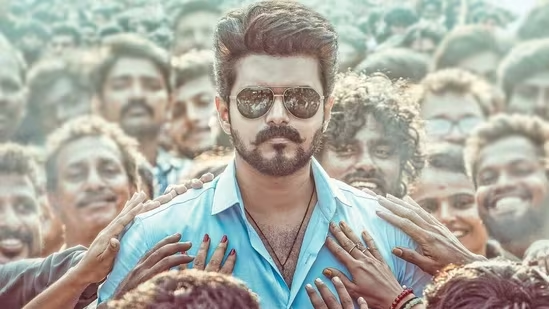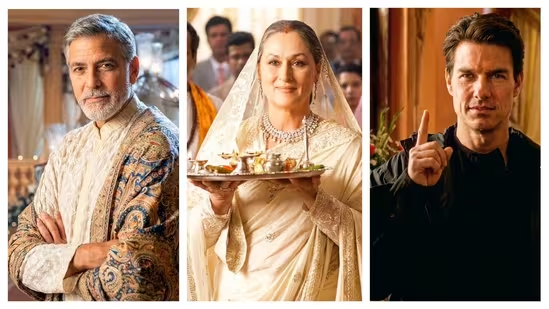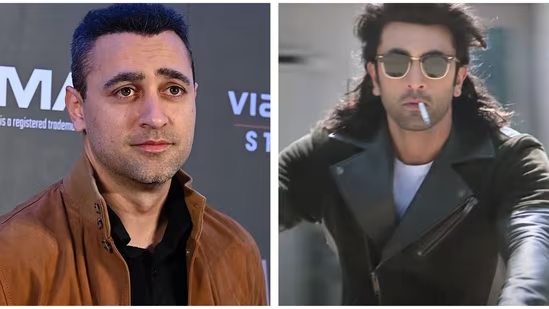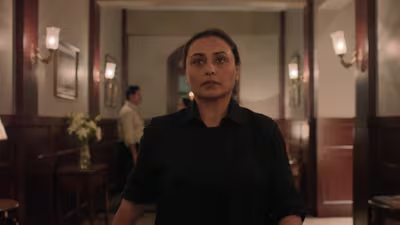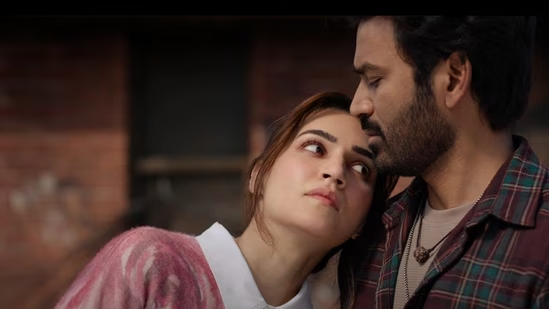The festive season is on the way, beginning in September with Navratri, Durga Puja, Dussehra, Diwali, Karwa Chauth, Chhath Puja, and the list of festivals goes on. Many of those who observe these festivals keep a fast as a way to show devotion to the deity being worshipped. But fasting means long hours of going without eating (sometimes even without drinking water.) This can adversely affect the body’s functions. It is particularly more so for people with diabetes and hypertension. What’s the fix for this? If you have these chronic ailments, should you not fast then?
Dr Akash Shah, vice president-technical at Neuberg Diagnostics, assured that it is not entirely impossible. But he cautioned that fasting is not entirely risk-free. The doctor shared with HT Lifestyle that the solution is to know your limits and respect them, while adequately planning early on.
He shared how fasting adversely affects diabetic people, “For a diabetic, fasting can push blood sugar too low (what doctors call hypoglycemia), or sometimes it rebounds too high if meals and medicines don’t line up properly.”
Likewise, for people with hypertension, the doctor revealed a different concern. “Blood pressure may suddenly fall or spike, especially when regular medication timings get disrupted,” Dr Shah explained.
Another big risk is dehydration, especially for Nirjala Vrat (fasting without water). It creates the risk of dehydration, and, as per the doctor, the dehydration makes your heart and kidneys go into overdrive. How? He explained, “Without water for long hours, the balance of salts in your body, sodium, potassium, and chloride, can shift. That imbalance makes the heart and kidneys work harder. Since both diabetes and hypertension already strain the kidneys over time, fasting without a plan can tip things into dangerous territory.”
People with diabetes and hypertension need to plan ahead. And thankfully, there’s plenty of time till the festive season this month to chart out your plan.
Here are 5 safe tips shared by Dr Shah, covering all the basic essentials before you fast this puja:
1. Doctor consultation
- Don’t decide on your own.
- A doctor needs to look at your medicine schedule. Something as small as moving an insulin shot by a few hours or changing when you take a blood pressure pill can prevent serious trouble.
2. Choose better foods when breaking the fast
- When breaking the fast, try not to rush for fried snacks or sweet drinks. They give quick energy but also cause sugar spikes.
- Whole grains, lentils, beans, and lean proteins keep energy steady for longer.
- Adding in foods rich in potassium, bananas, spinach, and tender coconut water, can help stabilise blood pressure. On the flip side, excess salt, packaged chips, or sweets make the system swing out of control.
3. Hydrate well during non-fasting hours
- Sipping steadily through the evening and early morning is better than gulping a litre at once.
- In some cases, adding oral rehydration salts, especially beneficial for people prone to dehydration.
- Caffeine feels refreshing, but it actually pulls water out of the system, so too much tea or coffee works against you.
4. Monitoring vitals
- Monitoring at home is something many people skip, but it can be lifesaving. A simple glucometer and a blood pressure monitor give clear signals when the body is struggling.
- Dizziness, sweating, palpitations, or blurred vision are already late warning signs.
- If your sugar reading falls below 70 mg/dL, or your top blood pressure number (systolic) drops under 90, it’s safer to stop fasting that day.
5. Mandatory tests to see if you can fast
- Regular blood glucose readings (before, during, and after fasting) plus an HbA1c test show whether your sugar control is steady enough to handle the challenge.
- Electrolyte tests- sodium, potassium, chloride- become especially important if one takes water tablets.
- Kidney health can be tracked with serum creatinine and GFR, which show how well your kidneys are filtering. A urine microalbumin test adds another layer by picking up early kidney damage that often goes unnoticed.
- For blood pressure, daily home checks work, but if possible, a 24-hour monitor gives the most reliable trend.
- For people prone to sudden sugar drops, continuous glucose monitoring (CGM) can even send alerts before things get dangerous.






